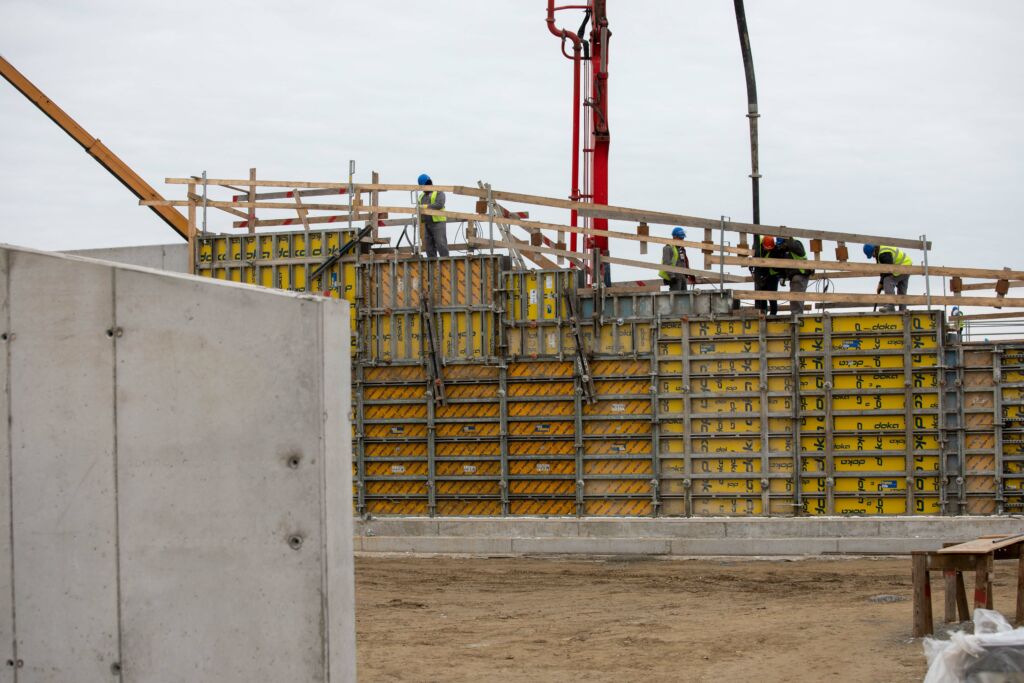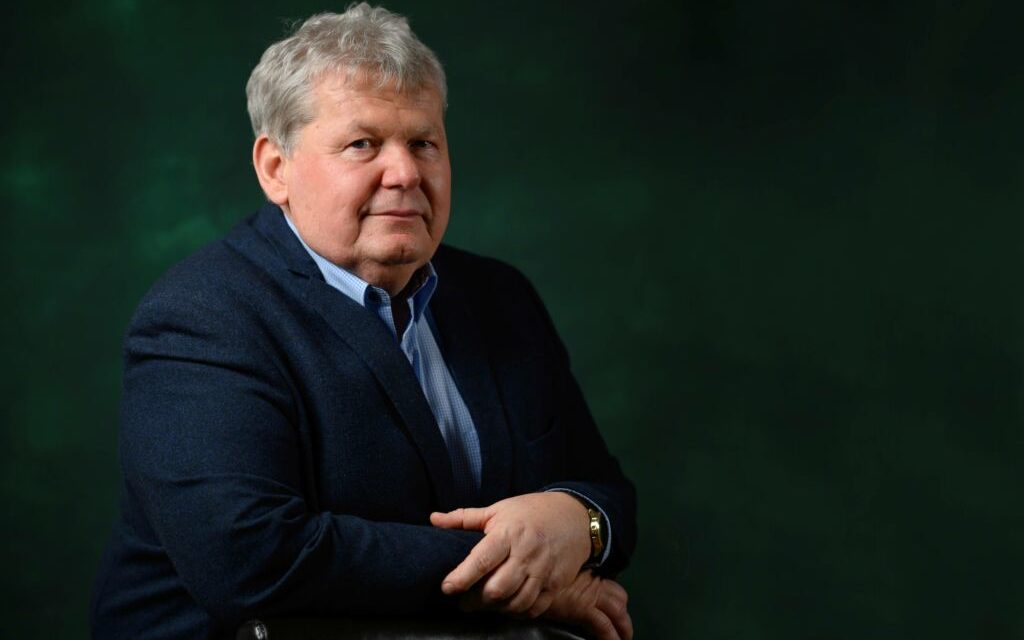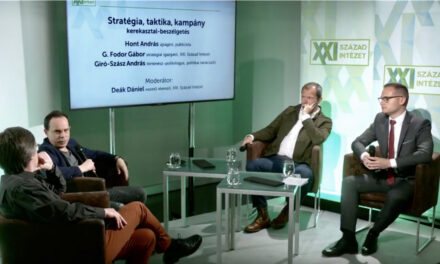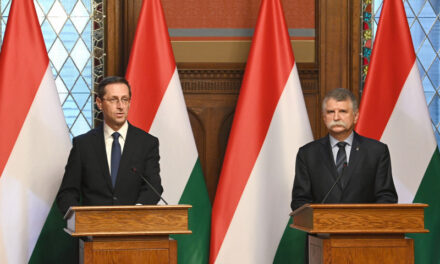Brussels - of course under the pressure of the Hungarian left-liberal side and the pressure of the world's greens unite movement - took the plan to expand the Paks power plant to its core a couple of years ago.
However, it can be seen that the price of electricity in Hungary is the lowest in the European Union , which is largely due to nuclear energy. In Germany, which rejects nuclear energy, consumers pay three times the Hungarian price, minister without portfolio János Süli told Vasárnap.
According to the leader, Paks II. investment is essential for Hungary in many ways. We would not be able to meet the set climate protection goals without the new blocks. Our country is one of the most exposed countries in Europe in terms of electricity imports. More than 25 percent of our energy demand comes from imports, but sometimes we experience very extreme values, even around 50 percent.
Currently, the Paks Nuclear Power Plant accounts for half of the domestic electricity production, but between 2032 and 2037, the extended period of operation of the power plant will also expire. I think that if we only take these arguments into account, we can still see that this investment is of strategic importance for the future of the country. But we can't ignore the fact that, due to the runaway energy prices, an increasingly important role is now being played, and that is the reduction of utilities.
One of the cornerstones of overhead reduction is the current nuclear power plant. The cost of "nuclear power" (approx. HUF 12/kWh) is a third of the mandatory renewable (solar and wind power) purchase price (approx. HUF 34/kWh).
Not to mention that in Hungary we produce a unit of electricity with 40 percent less carbon dioxide emissions than in "green" Germany, which is characterized in the public as a "vanguard of climate protection".
It was revealed just a few days ago that, thanks to the current energy crisis, 19 EU countries have decided to try to lower household electricity prices, following the example of the Hungarian utility reduction. It is worth remembering that when the utility reduction was introduced, the Union consistently attacked Hungary for its decision, and now it has become an example to be followed among the member states.
I think that if anyone still doubted the importance and results of utility reduction, it has now become clear to them that utility reduction is the best tool to protect people from market price fluctuations.

Construction has begun in Paks/Source: Paksi Atomerőmű Zrt.
We are all working so that the commercial operation of the two new blocks in Paks can begin in 2029-2030, which we have a good chance of doing. But we consider safety to be a more important aspect than deadlines. In Pakso, new 3+ generation blocks are being built that can withstand extremely extreme external influences, in addition to active safety systems, so-called passive safety systems are also being installed, which do not require human intervention or electricity for their operation.
I consider it important to point out that Paks II. project and the long-term maintenance of domestic nuclear capacity, we not only serve climate protection and security of supply, but also strengthen the competitiveness of our country by keeping the price of electricity at an affordable level.
If industry and the population can get electricity cheaply - and it is already clear that this can be achieved by using nuclear energy - then it is a more effective driving force for the economy than low wages.
Source: image and full article: vasarnap.hu













